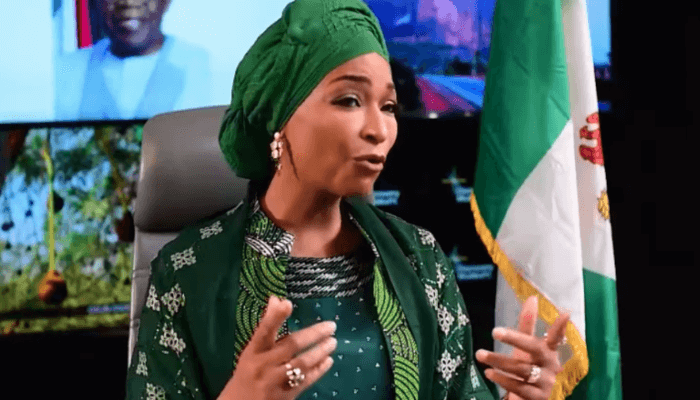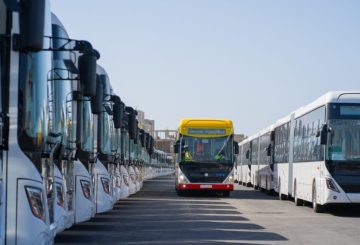The Nigerian government has unveiled a bold strategy to elevate its creative economy, aiming to generate at least $100 billion annually and create over two million jobs. This ambitious plan, shared by Hannatu Musawa, Minister of Art, Culture, and the Creative Economy, highlights Nigeria’s renewed focus on leveraging its cultural assets and creative industries to drive economic growth.
Speaking at a roundtable event with local and international investors in Ikoyi, Lagos, on Wednesday, Musawa outlined an eight-point plan designed to transform Nigeria’s creative sector. The initiative comes at a time when the country’s creative industry, despite its vast potential, contributes only $5 billion annually to the national economy.

Citing data from the National Bureau of Statistics, Musawa emphasized that Nigeria’s creative economy contributed just 1.2% to the nation’s GDP in 2022, lagging behind other African nations like Morocco (2.7%), South Africa (3%), and Egypt (4.3%). Furthermore, the sector’s contribution to government revenue is a meager 1%, compared to South Africa’s 12.5%. This discrepancy highlights both the underutilization of Nigeria’s creative resources and the untapped growth potential.
“With our talent and resources, Nigeria should be leading the global creative scene,” Musawa remarked, expressing concern over the slow growth of the sector. “Our goal is to unlock that potential, and we believe we can achieve significant growth by 2027.”
The minister laid out 14 key initiatives, organized under four pillars: technology, infrastructure and funding, international culture promotion, and intellectual property monetization. These are aimed at revolutionizing the industry, boosting its contribution to Nigeria’s economy, and solidifying its global presence.
Musawa projects that Nigeria’s creative economy could expand by 400% over the next five years, positioning it as a global leader in art, culture, and creative innovation. This long-term vision is already in motion, with the ministry launching several initiatives and forming partnerships to achieve these goals.
Is Dangote Selling Fuel or Vodka?
The government’s plan is not only focused on economic growth but also aims to foster job creation and youth engagement. With over two million new jobs projected, this strategy offers a lifeline for millions of Nigerian youths seeking employment opportunities in a fast-evolving industry.




